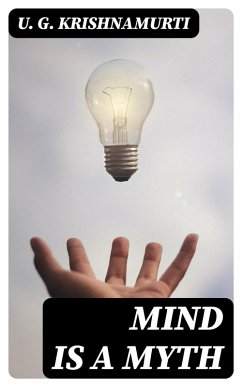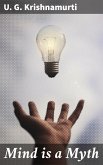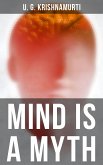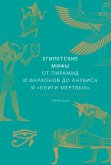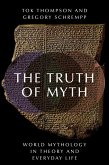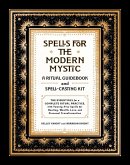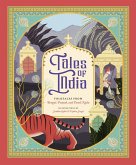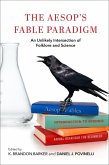In "Mind is a Myth," U. G. Krishnamurti eloquently dismantles the conventional understanding of the mind, asserting that what we refer to as 'mind' is merely an illusion. His literary style is conversational yet profound, drawing the reader into a dialogue that challenges societal norms of thought and perception. Written in a period marked by existential inquiry and spiritual exploration in the mid-20th century, the book engages with philosophical ideas from both Eastern and Western traditions, offering a refreshing critique against the dogmas of the mind and its constructs. U. G. Krishnamurti, often referred to as a non-teacher, gained prominence by advocating for a radical approach to self-awareness and personal liberation. His experiences in the realm of Eastern philosophical thought, coupled with his rejection of traditional spiritual authority, illuminate his motivations in crafting this work. His unique perspective was shaped by intense personal experiences, including a brief period of enlightenment, which led him to question the very nature of reality and the self. "Mind is a Myth" is an essential read for those intrigued by the nature of consciousness and the limitations of conventional thought. It encourages readers to peel away the layers of conditioned thinking, making it not only a philosophical inquiry but also a transformative journey into understanding one's true nature. Perfect for seekers of truth, this book invites you to question what you believe about your mind and reality.
Dieser Download kann aus rechtlichen Gründen nur mit Rechnungsadresse in A, B, BG, CY, CZ, D, DK, EW, E, FIN, F, GR, H, IRL, I, LT, L, LR, M, NL, PL, P, R, S, SLO, SK ausgeliefert werden.

